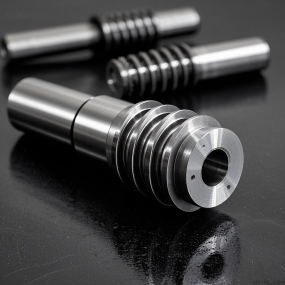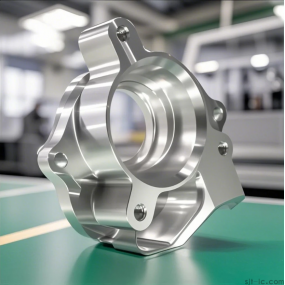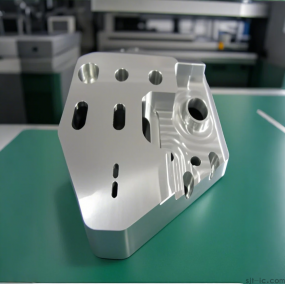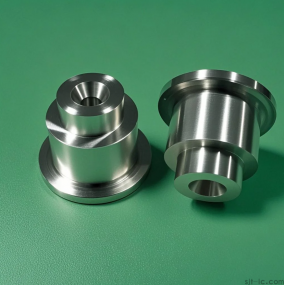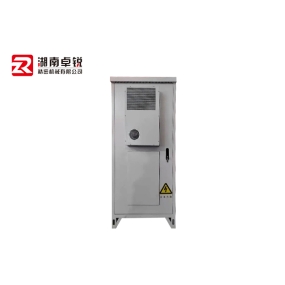In the CNC lathe machining industry, the ideal goal of every manufacturer is zero waste manufacturing. But in the process of achieving this goal, the role and importance of precision testing technology is self-evident. The processing quality of parts and the assembly quality of the whole machine are related to processing equipment, testing equipment (non-standard parts processing) and the analysis and processing of test information. Therefore, to achieve zero waste production, from the perspective of precision testing, some issues need to be considered. In the CNC lathe machining process, the workpiece is measured online or the workpiece is 100% inspected, which requires the study of test equipment suitable for dynamic or quasi-dynamic, and even special test equipment that can be integrated into numerical control lathe machining to achieve real-time testing. According to the test results, the process parameters are continuously modified, and the numerical control lathe processing and other equipment are supplemented with adjustment or feedback control. From the aspect of accuracy theory, the dynamic accuracy theory should also be studied, including the evaluation of dynamic accuracy. Study how to make full use of measurement information to achieve zero waste production. Through the full use of 100% online measurement data, analyze the dynamic characteristics of error distribution during processing and measurement. At the same time, according to the dynamic characteristics of processing error and the accuracy loss characteristics of sensor accuracy, as well as product quality requirements and tolerance regulations, give the basic theoretical model of zero waste manufacturing. Make full use of artificial neural networks, genetic algo and other modern mathematical methods to accurately predict the processing quality and achieve quality ahead control.
Hello! Welcome to EMAR's website!
 English
English » »
» »
 Spanish
Spanish Arabic
Arabic French
French Portuguese
Portuguese Belarusian
Belarusian Japanese
Japanese Russian
Russian Malay
Malay Icelandic
Icelandic Bulgarian
Bulgarian Azerbaijani
Azerbaijani Estonian
Estonian Irish
Irish Polish
Polish Persian
Persian Boolean
Boolean Danish
Danish German
German Filipino
Filipino Finnish
Finnish Korean
Korean Dutch
Dutch Galician
Galician Catalan
Catalan Czech
Czech Croatian
Croatian Latin
Latin Latvian
Latvian Romanian
Romanian Maltese
Maltese Macedonian
Macedonian Norwegian
Norwegian Swedish
Swedish Serbian
Serbian Slovak
Slovak Slovenian
Slovenian Swahili
Swahili Thai
Thai Turkish
Turkish Welsh
Welsh Urdu
Urdu Ukrainian
Ukrainian Greek
Greek Hungarian
Hungarian Italian
Italian Yiddish
Yiddish Indonesian
Indonesian Vietnamese
Vietnamese Haitian Creole
Haitian Creole Spanish Basque
Spanish Basque


